(Dan Tri) - On the occasion of the 90th anniversary of the British Council (1934-2024), this unit has announced 90 prominent English words in the English language over the past 9 decades.
These 90 English words reflect prominent features of British social life in particular and world popular culture in general. The list of 90 words was put forward by Ms. Susie Dent, a famous British lexicographer, and Ms. Barbara McGillivray, an expert in computational linguistics and digital humanities.
These 90 words reflect the strong connection between the English language and changes in cultural and social life. From there, the public can see that language always accompanies, reflects the needs of users as well as changes in social life.

Language always reflects the breath of life (Illustration: iStock).
From street slang to new terms, the English language has always reflected the advances of science, technology and the movement of human civilized life.
The British Council has compiled a list of 90 words after a process of synthesis and selection using computer algorithms and the consideration and selection of experts. The ultimate goal is to select 90 words that best reflect the developments and changes in the world's popular culture. Below are some of the English words mentioned in this list.
"Doomscroll": The word "doomscroll" appeared in 2020, used to describe the act of endlessly scrolling through social media or news sites to read all kinds of news. Even though this action makes the person doing it feel tired, stressed, even sad and depressed, they still can't stop.
"Situationship": This word became popular in 2017, used to talk about relationships that are more than friendship but not yet love, without the serious commitment of a couple determined to have a long-term relationship. "Situationship" reflects a phenomenon in modern social life, when dating apps dominate emotional relationships.
The word "situationship" was first used by Carina Hsieh, a journalist for Cosmopolitan magazine (USA). "Situationship" was even chosen by the Oxford English Dictionary as the word of the year 2023.
“Woke”: The new meaning of the word “woke” emerged in 2014. Initially, “woke” represented a positive awareness of social inequalities. However, over time, “woke” has taken on a number of negative connotations. Sometimes, the word is used to refer to people who have an extreme way of looking at and behaving when faced with problems in social life.

Over time, the English language has seen new words emerge (Illustration: iStock).
"Karaoke": The word "karaoke" first appeared in English in 1977. "Karaoke" in Japanese means "without orchestra". The Japanese used the word to refer to the pleasure of singing to pre-made music. The word "karaoke" quickly spread to many countries around the world and entered the English language.
"Artificial Intelligence": First used in 1955, "artificial intelligence" reflected humanity's early ambitions for machines with their own intelligence. Since then, "artificial intelligence" has continued to develop and shape the face of technology and human life.
Here are 90 English vocabulary words that reflect changes in popular culture over the past nine decades:
The 1930s saw changes in family life, with more women entering the workforce, making the job of “babysitter” more popular. Additionally, new material innovations gave rise to the term “nylon.”
Notable English vocabulary of the 1930s included "baby sitter", "burrito", "evacuate", "falafel", "gay", "jukebox", "multicultural", "nylon", "video".
The 1940s saw dramatic changes in lifestyles. This gave rise to the term "bikini", a new style of swimwear that emerged in the 1940s. The term "blockbuster" was coined to show the powerful influence of cinema on popular culture.
Notable English vocabulary of the 1940s included "bikini", "blockbuster", "buzzword", "cool", "deli", "disc jockey", "nuclear", "panini", "staycation", "vegan".

New words always reflect hot current issues of contemporary life (Illustration: iStock).
The 1950s saw the emergence of vocabulary that reflected new advances in technology as well as new trends in entertainment. Notable English vocabulary of the 1950s includes "artificial intelligence", "cliffhanger", "disco", "graffiti", "jollof", "rock'n'roll", "sitcom", "virus", "wok".
The 1960s witnessed strong changes in cultural life with new trends and movements such as "hippie", "Bollywood", "reggae"... Prominent English vocabulary of the 1960s includes "baby boomer", "Bollywood", "bruh", "gentrification", "hippie", "homophobia", "multiverse", "reggae", "supermodel", "vibes".
The 1970s saw the emergence of new words that reflected technological advances and social changes. Notable English words of the 1970s include "app", "brainiac", "curry", "hip hop", "karaoke", "punk", "virus", and "whataboutism".
The 1980s saw new awareness of technology, social life and the environment. Notable English vocabulary of this decade includes "avatar", "biodiversity", "cell phone", "e-book", "glass ceiling", "greenwash", "hacking", "intersectionality", "sustainability", "virtual".
The 1990s saw an explosion of technological developments that changed the way people communicated, expressed themselves, and reshaped perceptions of social life. Notable words of this decade include "bling", "blog", "carbon footprint", "chillax", "cloud", "emoji", "Google", "metaverse", "queer", "spam", "web".

There is always a strong connection between the English language and changes in cultural and social life (Illustration: iStock).
The 2000s saw notable English vocabulary that reflected the influence of media, social media, and changes in social life. Notable vocabulary from this period included "cringe", "crowdfunding", "declutter", "hashtag", "mansplain", "Nollywood", "photobomb", "podcast", "selfie".
In the 2010s , notable English vocabulary reflecting popular culture in the digital age included the words "catfish", "deepfake", "delulu", "edgelord", "forever chemicals", "ghosting", "situationship", "woke", "zaddy", "Zoomer".
The 2020s , the prominent vocabulary of this period reflects new trends in popular culture and human habits in the digital age, including words such as "Barbiecore", "bubble", "doomscroll", "rizz".
Source: https://dantri.com.vn/giao-duc/90-tu-tieng-anh-noi-bat-nhat-trong-90-nam-qua-20241214222639372.htm


![[Photo] "Beauties" participate in the parade rehearsal at Bien Hoa airport](https://vstatic.vietnam.vn/vietnam/resource/IMAGE/2025/4/11/155502af3384431e918de0e2e585d13a)

![[Photo] Looking back at the impressive moments of the Vietnamese rescue team in Myanmar](https://vstatic.vietnam.vn/vietnam/resource/IMAGE/2025/4/11/5623ca902a934e19b604c718265249d0)






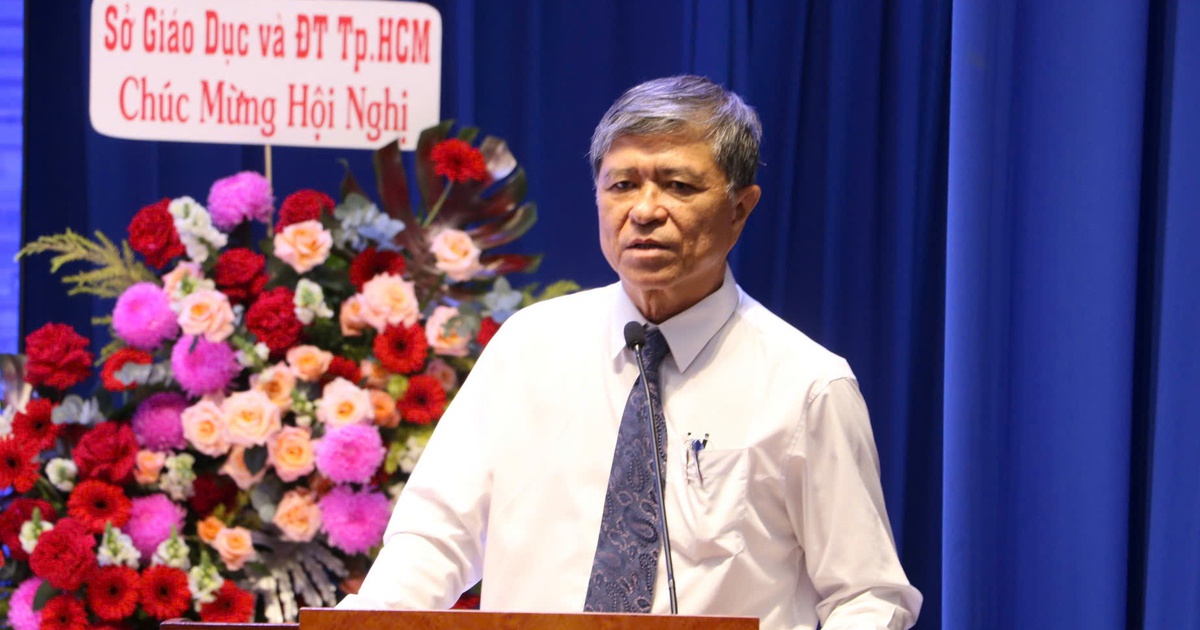




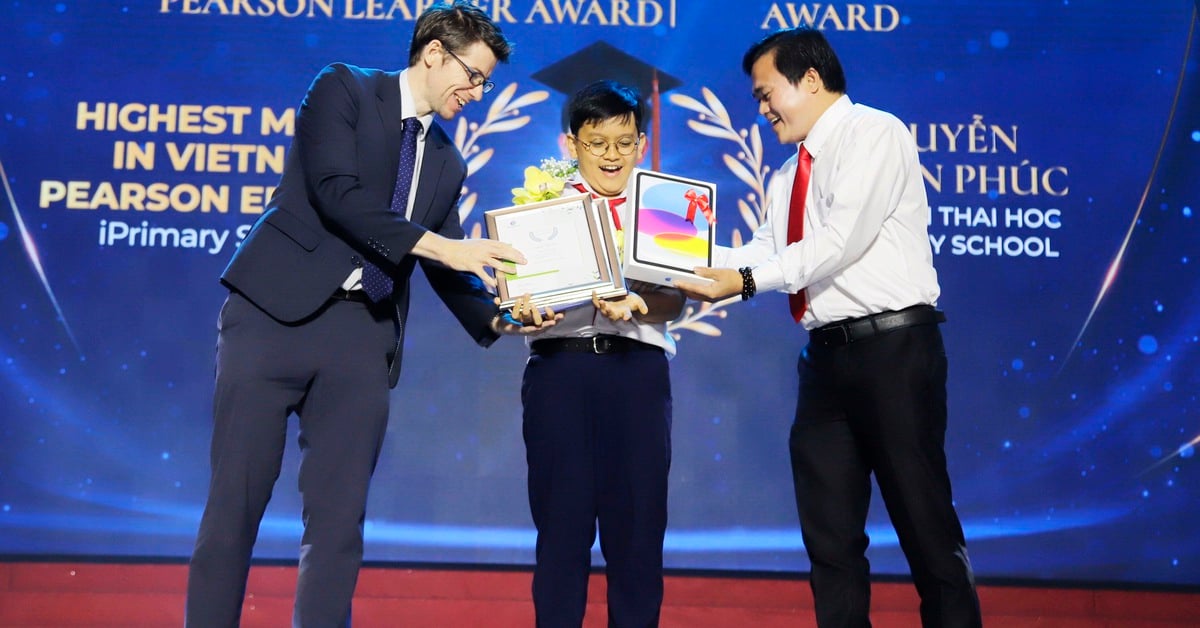


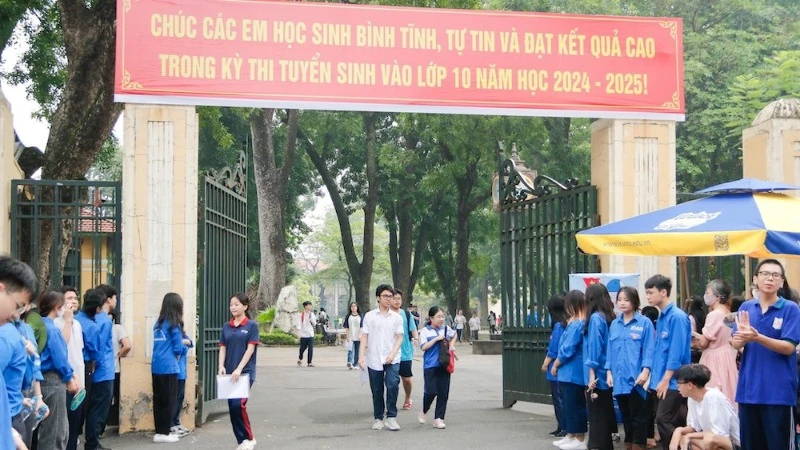

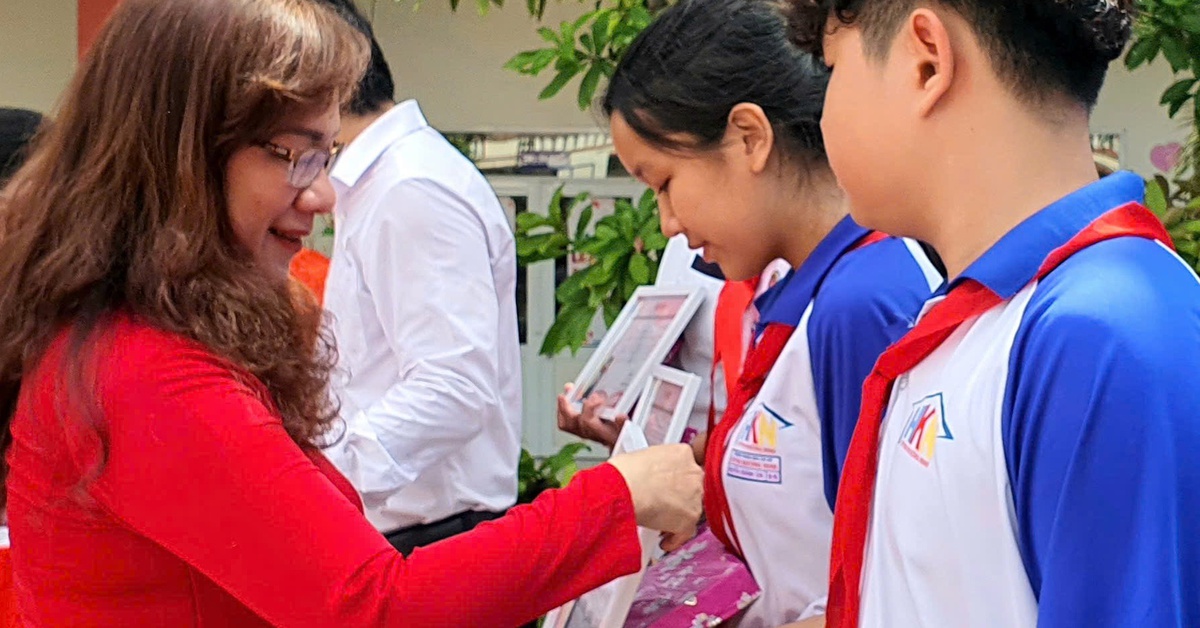

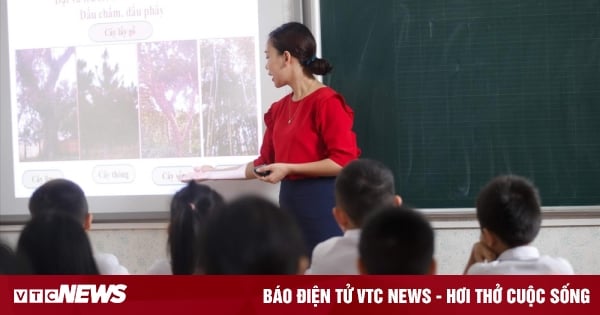


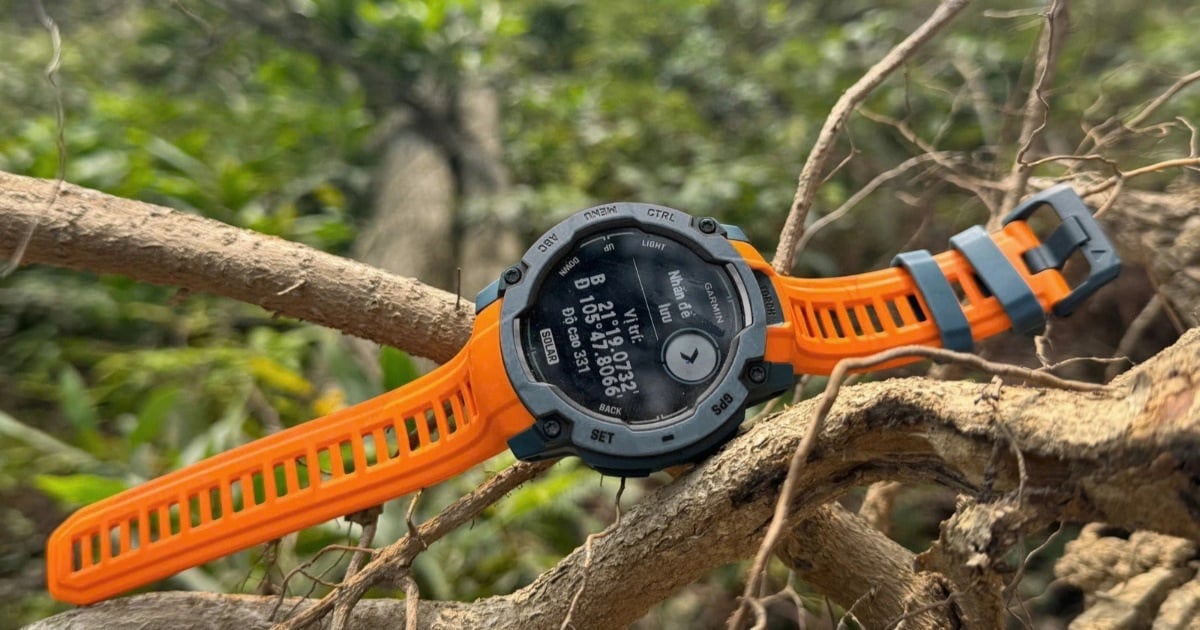

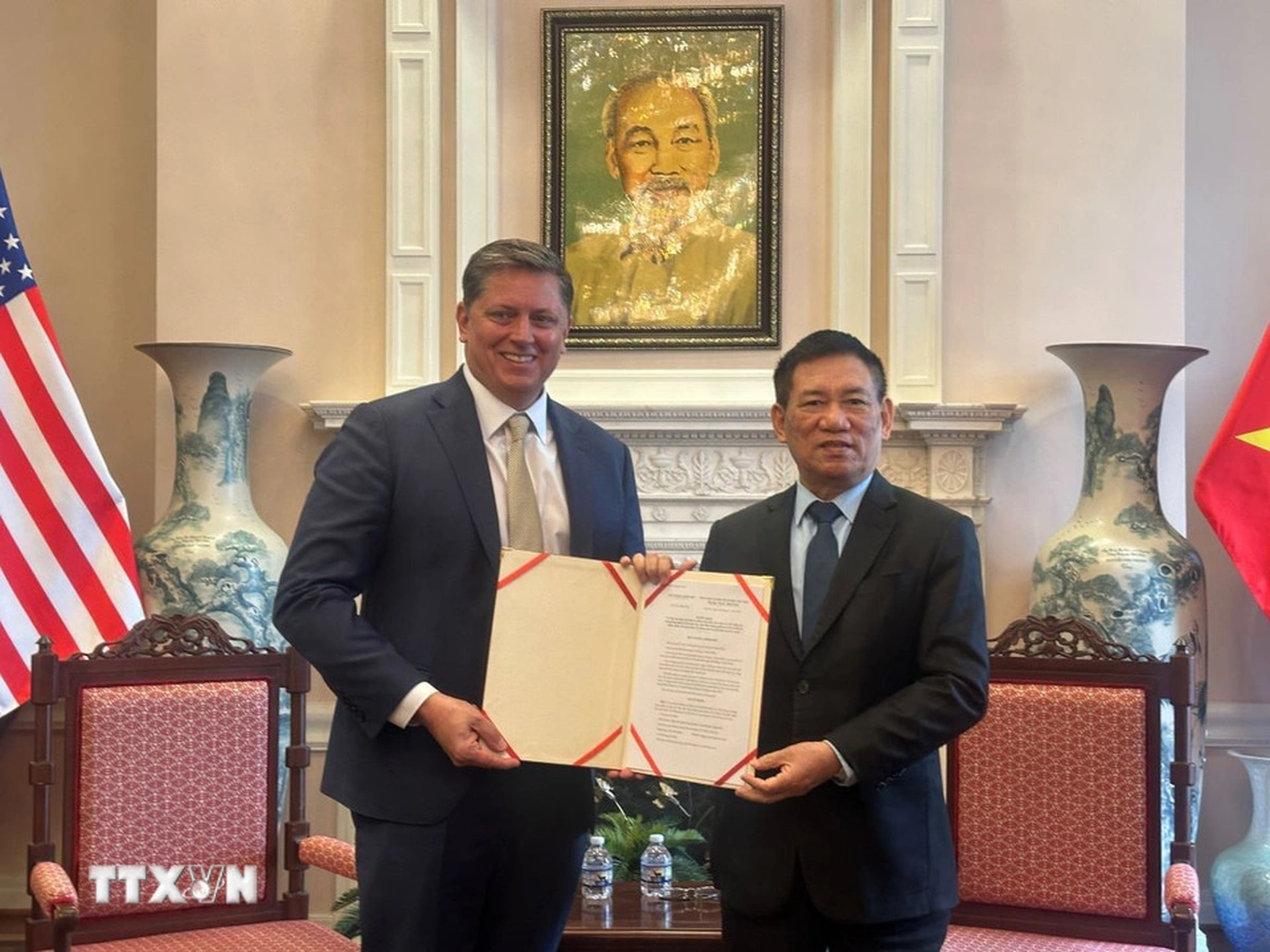



![[Photo] Summary of parade practice in preparation for the April 30th celebration](https://vstatic.vietnam.vn/vietnam/resource/IMAGE/2025/4/11/78cfee0f2cc045b387ff1a4362b5950f)












































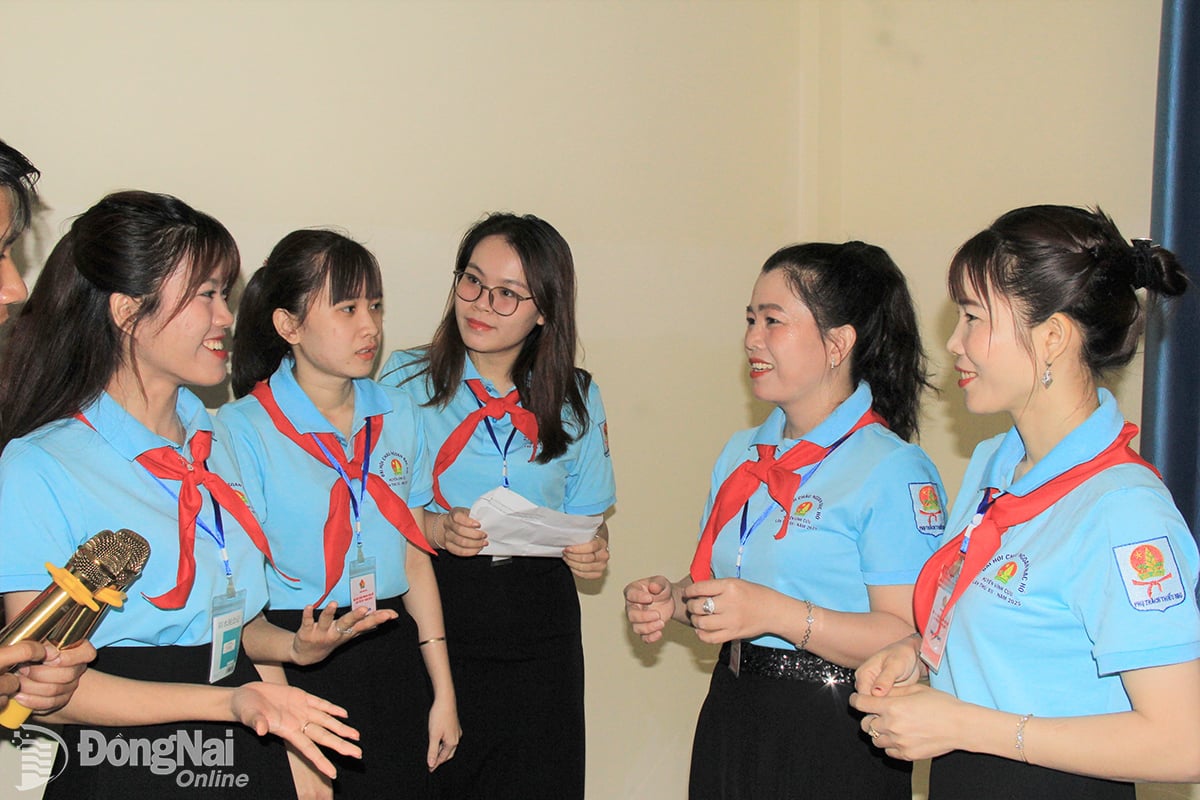












Comment (0)